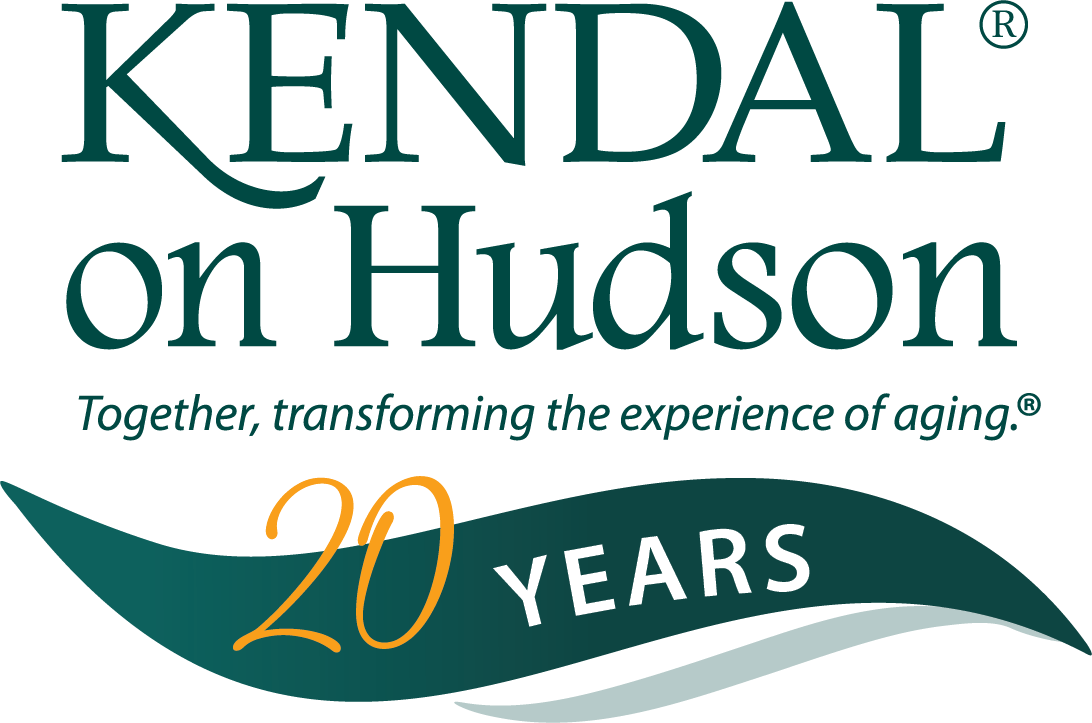June 3, 2025 —The days are getting longer, the weather is getting warmer – spring is in full swing, and summer is close at hand! While summer in Sleepy Hollow, NY, is a delight for the senses, it’s also a time when older adults should take a few precautions to stay safe while enjoying the pleasures of Westchester County.
As we age, our bodies are less efficient in regulating temperature, storing fat, and even being aware of the signs of dehydration. According to the Centers for Disease Control and Prevention (CDC), older adults ages 65 and up are at high risk for heat-related sickness and injury. That risk increases if an older adult has a chronic illness like diabetes, heart disease, hypertension, or cancer.
If you’re a senior adult or have senior loved ones, it’s crucial to be proactive regarding summer safety. Fortunately, being proactive is the name of the game, and preventing heat-related issues can be very easy with just a little bit of preparation. As we move into the hotter months of the year, follow these tips to maintain safety for seniors in your life – and maximize the enjoyment of the summer months.
1. Stay hydrated.
Did you know that if you feel thirsty, that means you’re already dehydrated? As we age, our sense of thirst deteriorates, which is why many older adults struggle to stay hydrated. It’s essential to drink plenty of fluids throughout the day, especially if you are doing activities where you’re in the sun or sweating profusely.
You don’t have to drink solely water to stay hydrated. Juices, infusions, some sodas, and even caffeinated beverages can be counted as hydration; however, be careful with caffeine and alcohol since both of these are diuretics and can cancel out the benefits of the fluids you ingest. Make sure that when you’re out and about, you carry a thermos or water bottle and sip from it even if you don’t feel thirsty. As the heat and your levels of physical activity rise, be sure to increase the amount you drink.
2. Stay indoors during the hottest part of the day.
The hottest times of the day during the summer are between the hours of 10 am to 4 pm. If possible, plan your schedule so you’re inside (or in the shade) during these hours of extreme heat and humidity. If you need to be out and about or doing physical activities, plan them for the early morning hours or later in the evening. However, if you do find yourself running errands or activities during the heat of the day, be sure to stick to shade whenever possible, drink plenty of water, and make sure there are areas where you can cool off if you feel yourself overheating.
Even air-conditioned spaces aren’t always safe for older adults. To ensure that heat stroke is kept at bay, make sure that ceiling fans are in full circulation and cool hydration is available 24/7. Also, become familiar with and understand the signs of heat exhaustion and have emergency numbers on hand if you suspect an issue.
3. Protect your skin and eyes.
An estimated one in five Americans, at least, will develop skin cancer by the age of 70. Not only is this because skin damage is cumulative throughout our lives; as we get older, our skin thins and makes us even more susceptible to developing melanomas.
Wearing sunscreen, a sun hat, and sunglasses will be your best bet for protecting yourself from harmful UV rays and sunburns. Although it may seem counterintuitive, covering up as much as possible with breathable, natural fabrics like linen or cotton is important. Invest in some lightweight clothing in light colors that will reflect the sun and heat while shielding your skin from the worst of the sun’s rays.
4. Understand how your medications react in high levels of heat.
You may not know this, but some medications can cause older adults to be more sensitive to heat and the sun. Other medications may be less effective in hotter weather. Be sure to check your medication side effects and speak with your doctor about any complications or medical alerts you should be aware of. Be sure to know about the signs of heat-related illnesses, and make sure a family member is also knowledgeable so they can assist if there’s a medical emergency.
5. Keep food safety top of mind.
It should come as no surprise that food-related illnesses spike during summer months. Heat can quickly affect foods left out on the counter or at a picnic. Make sure to refrigerate food items promptly (especially if they contain perishable ingredients like mayonnaise) to avoid bacterial growth. It’s also important to wash hands regularly, avoid cross-contamination, and cook meats and other foods to safe temperatures before serving.
6. Wear insect repellent.
Be sure to lower your chance of being bitten by insects like mosquitoes, ticks, and spiders to avoid contracting nasty diseases like Zika, Lyme disease, and Rocky Mountain Spotted Fever. Look for repellents with DEET and picaridin. Follow the instructions and spray both clothes and skin liberally.
Enjoy the Beauty of a Hudson Valley Summer at Kendal on Hudson.
Summer’s beauty is on full display at the 25 acre-campus of Kendal on Hudson. Delight in the beauty of the banks of the Hudson River and the forested wonder of the Rockwood Hall State Park. At our Life Plan Community, our residents enjoy the opportunities of a New England summer along with the safety and security of a community designed for aging adults’ needs.
If you’re looking for a community where you can enjoy everything that spring, summer, fall, and winter have to offer, call us at 866-358-5802 today. We’d be delighted to show you around and help you discover how retiring to our community can help you live your best life possible.
